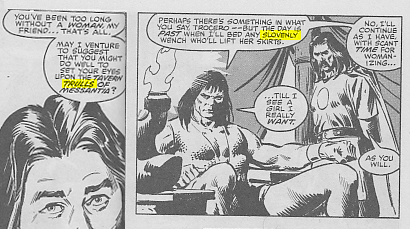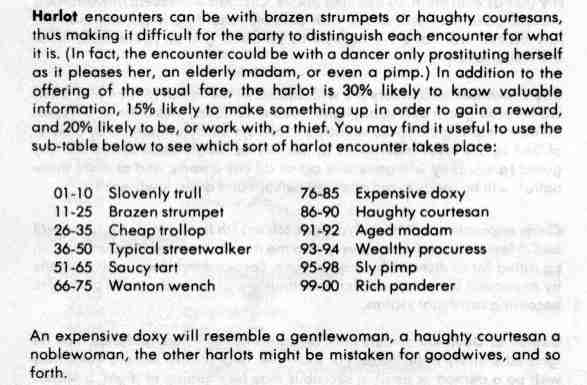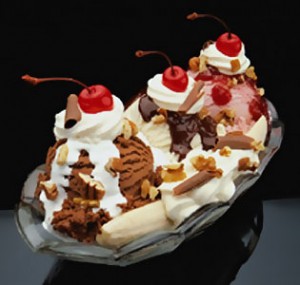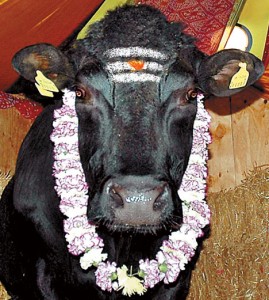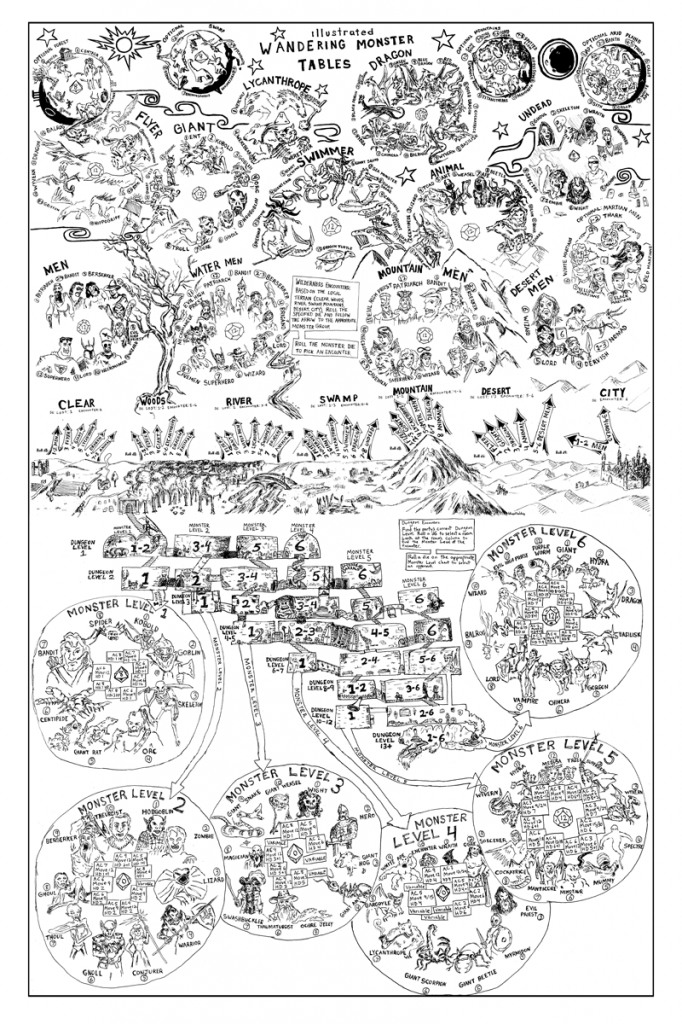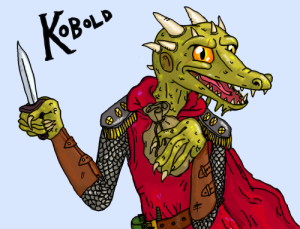Old editions give you a 5% or 10% XP bonus for having a high Primary Attribute. You can argue that it’s realistic – naturally talented people progress faster. You can also argue that it’s overkill – most editions already give you gameplay bonuses for having high primary abilities. In fact, though, it doesn’t make much of a difference.
In the versions of the game with XP bonuses, the XP per level generally doubled or almost doubled, at least until high levels (8 or 9). That meant that the 10% bonus was irrelevant most of the time. 9 out of 10 game sessions, the guy with the 10% bonus was the same level as the clod with 10 in his primary attribute.
Is it worth the math busywork of multiplying every single XP bonus by 1.05% or 1.1% in order to level up a session early every 3 months? Maybe. Levelling is pretty awesome.
In my houserules XP system (every level requires 10 XP, every encounter provides 1 XP) the effects of the 10% XP bonus can be duplicated very easily: characters with 16+ in their primary attribute (or whatever) start the game with 1 XP. Everyone else starts with 0 XP. That 1 bonus XP at character creation will have exactly the same effects as the 10% Primary Attribute bonus – the character is always 10% of a level ahead. Except no multiplication.

